How to tell an "ideal" story in 30 minutes is a coup for the brothers.
Source | film and television monologue
Author | Pomegranate
In the picture, an ordinary old man and an ox are guarding the tomb, and they go to Qiu Lai in spring, where flowers bloom and fall.
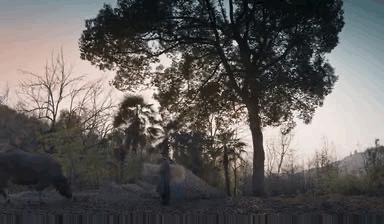
He is Zhang Jueqian, the father of Zhang Renya, the guardian of the first party constitution. In order to entrust his son, he made up a story of "the son died outside" and hid the communist party Declaration in his son’s cenotaph, and guarded it for more than twenty years.
People guess whether he guards the treasure, but few people know that he guards his son and his faith.
In the unit "Guarding" of TV series "Ideal Shines on China", Zhang Jueqian’s ordinary and great life reappears in front of the audience.
Ideal Shines on China is an important theme creation to celebrate the 100th anniversary of the founding of the Communist Party of China (CPC). Unlike many TV series with grand propositions, the topic selection of Ideal Shines on China avoids familiar high-profile figures and is mostly unfamiliar faces of the audience.
This is the case with Guardian, and so is the fifty-fifth letter.
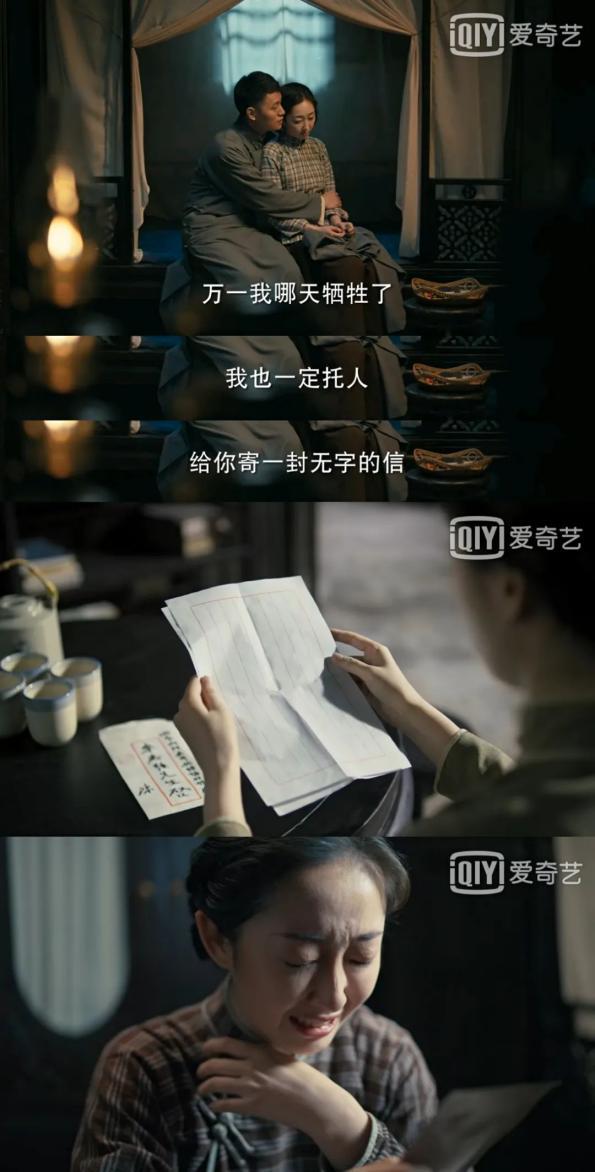
Recently, the film and television monologue interviewed two directors, Xiaoou Zhao and Zhao Xiaoxi, and reviewed this wonderful experience with them and looked forward to the new direction in the future.
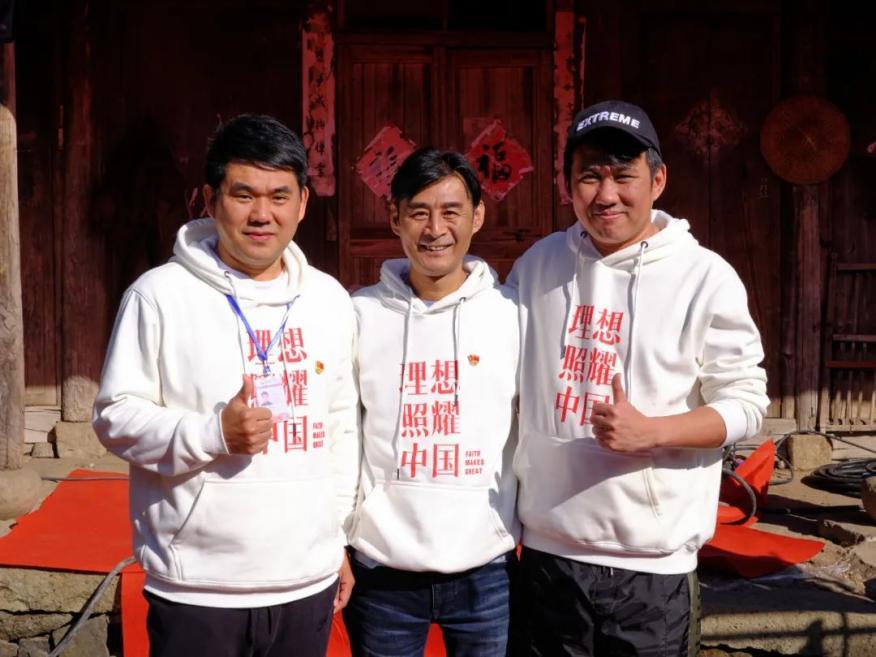
Xiaoou Zhao and Zhao Xiaoxi are with the general director Dongyu Fu.
Of the 40 stories in Ideal Shines on China, Guardian and Fifty-fifth Letter are two units with slow rhythm and few conflicts.
The former is aimed at Zhang Renya and Zhang Jueqian, the father and son’s lifelong waiting and guarding, while the latter starts with the letters of Chen Yian and Li Zhiqiang, the husband and wife, showing the feelings of people who are dedicated to the revolution. Both stories are told, hitting the hearts of the audience in the spring breeze and rain.
In fact, this is also the effect pursued by the two directors.
On the topic selection, Dongyu Fu, the general director, gave the director great autonomy. After watching the whole prototype story, each director can submit five target topics, and finally pick out two of the five topics that are the most sparking and touching.
In this respect, the goals of Xiaoou Zhao and Zhao Xiaoxi are clear from beginning to end: text first, theme second, emotion first.
In Xiaoou Zhao’s view, theme creation is not a shackle for them, but a positive theme orientation. He hopes that there will be a breakthrough in the form of expression. "When a director shoots a work, the first thing he needs to look at is the perspective. From different angles, the story will show different styles. After reading 40 topics, we set a standard, that is, we hope that this story is good-looking and worthy of refinement. Because only by looking good can the audience understand what the story wants to express. "
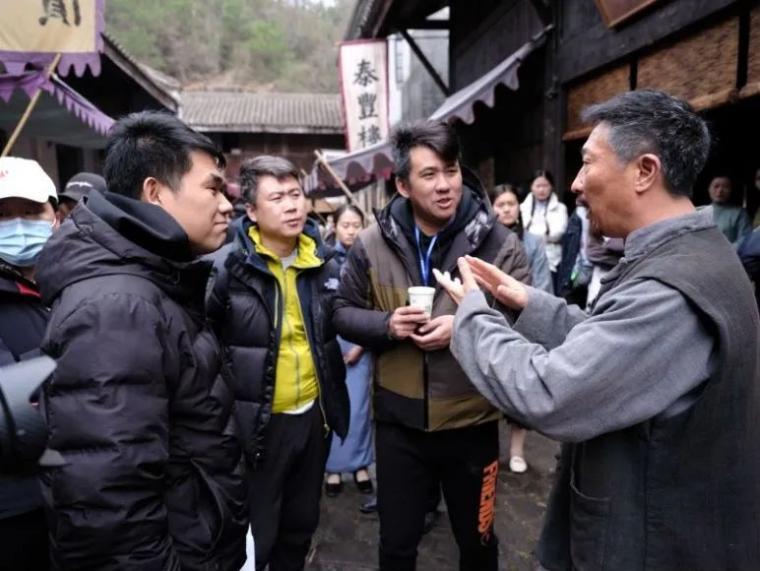
Zhao Xiaoxi on the left and Xiaoou Zhao on the right chat with actor Lin Yongjian.
On this premise, Guardian and Fifty-fifth Letter came into the sight of Xiaoou Zhao and Zhao Xiaoxi.
Without a strong narrative style, these two topics are more in line with the China population’s "great voices are heard, elephants are invisible" and "like a cup of tea, it can make the audience taste slowly, and the taste will have stamina in the end. You will know the weight of the phrase’ Red China will definitely appear’ that the people in the play have been saying. " This is the goal that Xiaoou Zhao and Zhao Xiaoxi are eager to achieve.
But after the choice, the problem really came.
If the audience watched TV dramas like reading novels before, the impression of Ideal Shines on China is like a poem. Each episode is about 30 minutes long, with concise length and light weight, and tells a long or short story of the times.
Although the form is novel, it also brings a big problem to the two directors: how to tell a person’s decades in half an hour? How to make every minute of the play have enough information to output? How to make the plain story firmly grasp the audience’s sight?
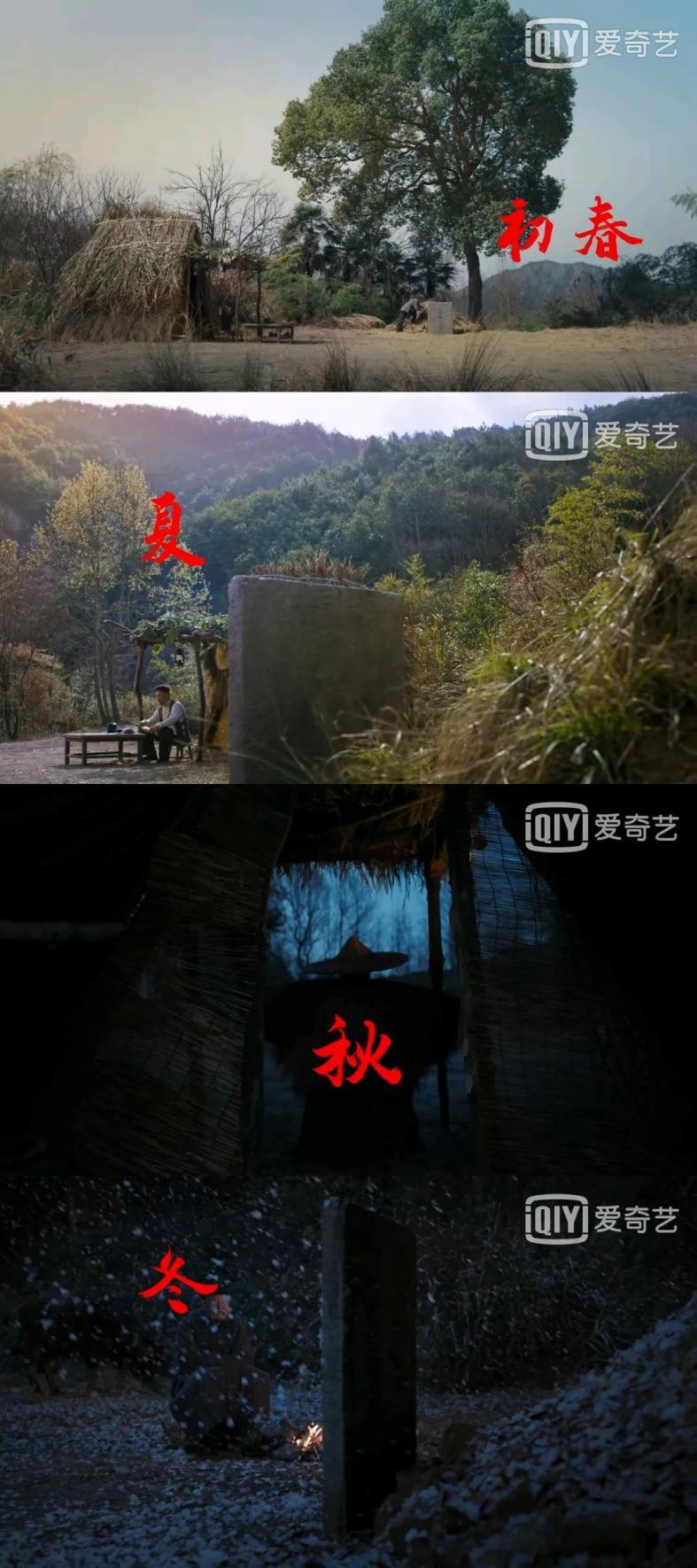
"I think that the most important thing to tell a story that spans several decades is to firmly grasp the motives, motivations and goals of the characters, and try not to talk about the side details." In Zhao Xiaoxi’s view, the shorter the space, the stricter the requirements for narrative structure and logic.
Therefore, although there are regrets, trade-offs are essential.
In the first edition of the script, whether it is Guardian or Fifty-fifth Letter, the writers Chen Xuan and Hu Yating are full and true in the details of their lives. For example, the separation of Zhang Jueqian and his second son in Guarding, the villagers’ comments on Zhang Jueqian’s behavior, and the fifty-fifth letter in which Li Zhiqiang made a cot and clothes for his children, as well as the sacrificial Zhang, are all described in detail.
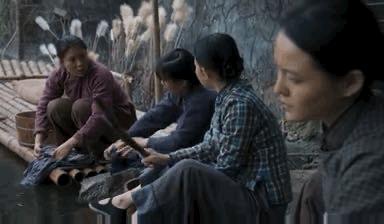
However, after comprehensive consideration, Xiaoou Zhao and Zhao Xiaoxi decided to reluctantly give up what one favours and delete some "branches and leaves". "Because" Ideal Shines on China "is not like a TV series, many relationships can be discussed, so we just need to tell a character or a story thoroughly."
The story can flow smoothly, but in terms of details, Xiaoou Zhao and Zhao Xiaoxi hope to give the audience enough detailed and thorough feelings.
"We chose the story before the founding of the People’s Republic of China. In fact, the shooting process is more complicated than modern drama." In Zhao Xiaoxi’s view, although there was more room to play before the founding of the People’s Republic of China, all kinds of historical details had higher requirements than modern dramas. "If the props and details of the era are wrong, it will be difficult for the audience to have a sense of substitution in that era."
Therefore, even a 25-minute short play, Xiaoou Zhao and Zhao Xiaoxi did no less research, data collection and on-the-spot investigation than a long TV play.
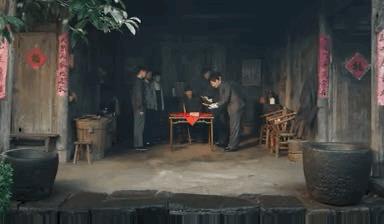
"When filming Guardian, I went to Zhang Renya Memorial Hall. It is not only to understand his life experience, but also to examine some details of that era. Including what kind of leaflets Zhang Jueqian saw at that time, I went to the historical materials museum to check a lot of samples for reference. What version of the communist party Declaration is buried under the tombstone, what kind of blood has just been obtained, and what it is like to dig out from the tomb, we must verify it. "

If the preparatory work for Guardian is a primary edition, then the preparatory work for Fifty-fifth Letter is an advanced edition.
What are the 55 letters of Chen Yian and Li Zhiqiang in the play? Has the handwriting changed? What were Chen Yian’s clothes like in different wars? How did it change before and after joining communist party? Although these shots are all a flash, the weight of history is on them, and Xiaoou Zhao and Zhao Xiaoxi dare not be careless.
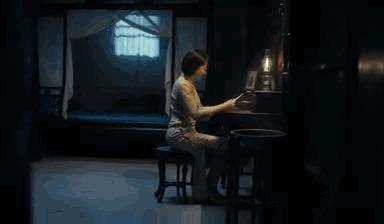
In addition to verifying props, before filming "The Fifty-fifth Letter", Xiaoou Zhao and screenwriter Hu Yating also visited Chen Yian’s descendants in depth to learn about his life. "What kind of house does the mother live in, how did her mother bring him up, and what is the father in her mother’s mouth?"
Even the drama of Chen Huangming, the son of the opening credits, looking for the restorer Lao Yuan with old photos is a true story that he and the screenwriter learned in the investigation of collecting wind. Later, at the suggestion of Liang Zhenhua, the chief screenwriter, Xiaoou Zhao and Zhao Xiaoxi took this scene as a breakthrough point to connect the past with the present and look back on the past from the perspective of modern people.
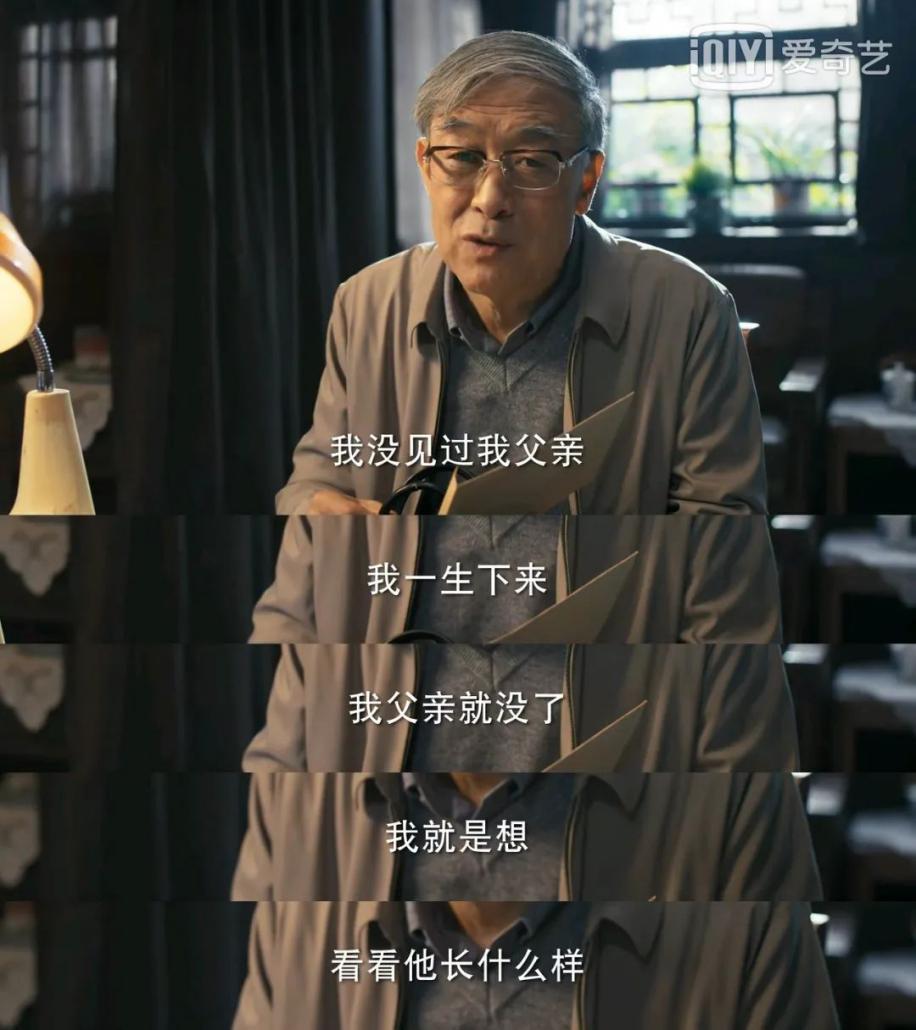
This has also become a design widely praised by the audience. Compared with the story of Gao Dan, I just want to take a look at the story of my father’s son, which is ordinary but very substitutive.
In fact, this kind of treatment also contains some selfishness of Zhao Xiaoxi. For a long time in the past, he was partial to Yu Hua’s Living. The narrative that tells the story of an ordinary person’s life has touched him greatly. Therefore, he also hopes that through this opportunity, he will tell the sufferings and joys of ordinary people in that era.
This point is also shown in "Guardian". For example, when entrusted by his son, Zhang Jueqian’s first reaction was to care whether he was injured. Before sending my son away, I want to put four eggs on him; In the long wait year after year, the ox who accompanied him was only left with a bell …
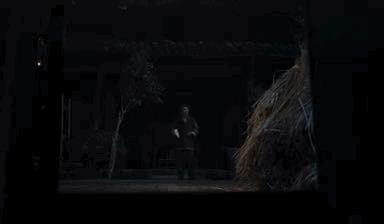
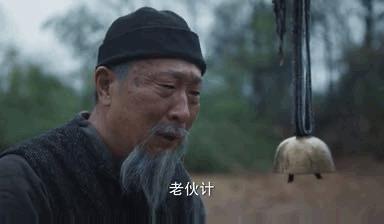
"In fact, these two units are all about concretizing beliefs into emotions. Zhang Jueqian chose to guard the communist party Declaration because of the affection between father and son. Because of love, Li Zhiqiang and Chen Yian chose revolution and waiting in turbulent times. They all have human feelings before they can rely on their beliefs. "
Draw nutrients from the most solid soil, so that Guardian and Fifty-fifth Letter can stand firmly on the balance pole of documentary and drama. In this regard, Xiaoou Zhao and Zhao Xiaoxi feel gratified, but also very grateful for the support and help of the team behind them.
"It is a very happy thing that everyone can agree with a goal and then continue to contribute to it." Xiaoou Zhao and Zhao Xiaoxi always believe that the production of a good drama needs all the trust on the professional basis.
"Our screenwriters are very supportive of our changes, and they have also given us great help. For example, Hu Yating, the screenwriter of "The Fifty-fifth Letter". Her brushwork is exquisite, and her desk work is fully done. She has written many small details that have not been photographed in the play. We have held many creative meetings together and solved the problem bit by bit, and finally we presented such a work. "

Such a creative concept is also what Xiaoou Zhao and Zhao Xiaoxi long for. Therefore, they chose to reach a strategic cooperation with Hello Youth Media led by Liang Zhenhua, the chief screenwriter of Ideal Shines on China.
"After the cooperation of" Ideal Shines on China ",I am very happy to cooperate with companies with original ability and production ability, hoping to combine our advantages and create better works for everyone in the future."
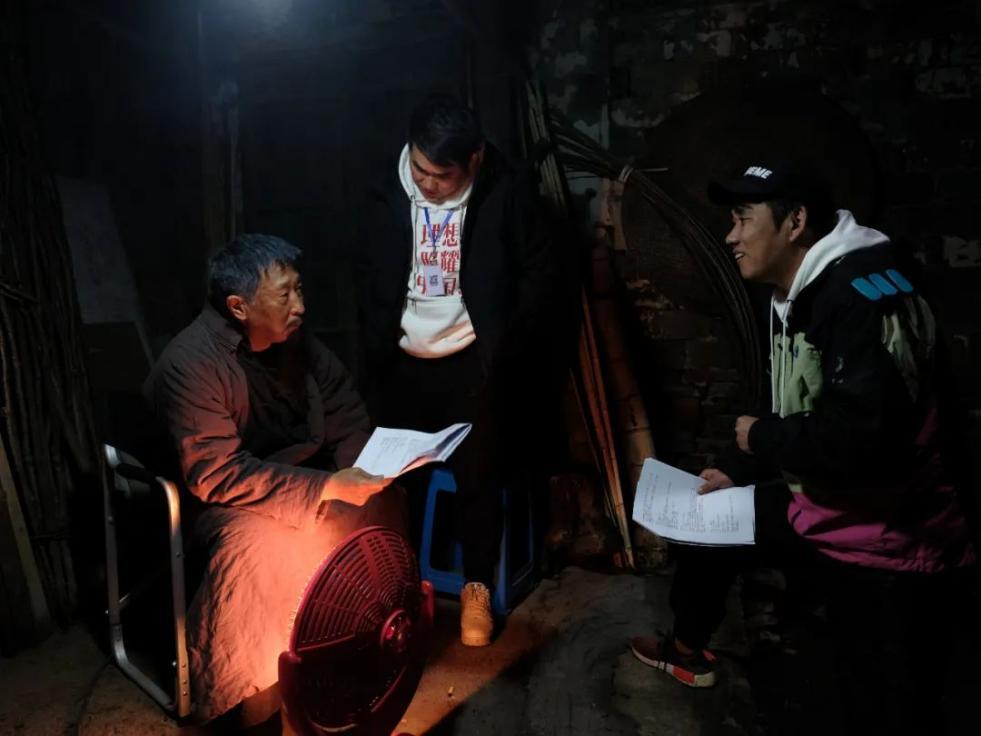
This will be a win-win cooperation. Based on creation, all things can be born.
-